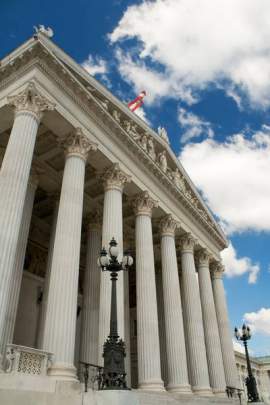
Make Your Debt Easy - Debt Consolidation

What is debt Consolidation?
Debt consolidation is a financial maneuver undertaken by those individuals who have incurred massive amounts of debt. Debt consolidation entails taking out a loan to pay off debts or other loans.
Debt consolidation is typically enacted to secure lower interest rates or secure a fixed interest rate for the convenience of paying off only one loan. As a result of this maneuver, the individual’s debts in essence, are lumped together to formulate one all-encompassing debt.
The act of consolidating one’s debt can in the most simplistic sense, can take the form of a grouping numerous unsecured loans into one giant unsecured loan. An unsecured loan is a debt obligation that is not tied into the individual’s asset. The creditor of an unsecured loan does not possess the right to foreclose on an individual’s asset to help relieve a portion of the loan. Credit card payments or medical bills are forms of unsecured debts.
In most instances, an individual will initiate debt consolidation on a secured loan, such as a mortgage. In this example, the house acts as the collateral for the loan—if the individual fails to meet their mortgage obligation the creditor will seize the liquidity within the home.
Debt consolidation of a secured loan typically awards the individual with a lower interest rate; by collateralizing, the owner of the underlying asset agrees to follow the foreclosure of the asset to satisfy the loan. As a result of the reduced risk on the lender’s part, the individual is awarded a lower interest rate.
Any type of debt, from student loans, to mortgage payments, to credit cards can be consolidated. Although debt consolidation typically lowers an individual’s interest rate, the action can be met with mounting problems, specifically when an individual attempts to consolidate unsecured debts into secured debts.
Alternate solutions to collateralizing one’s debt include debt settlements, credit counseling and filing for personal bankruptcy.
NEXT: O APR Credit Cards Defined



















